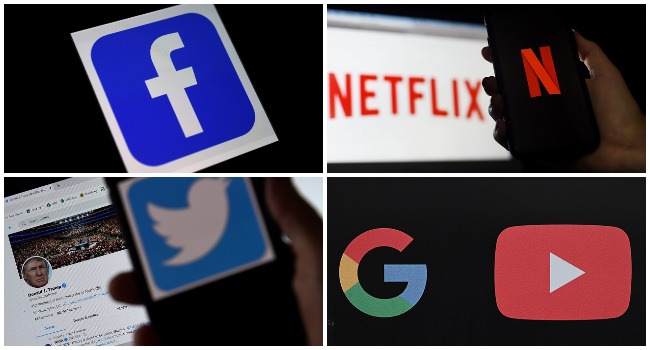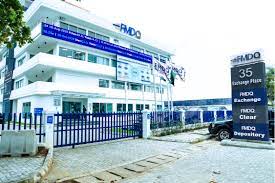Seven months after lifting the six-month suspension of America micro-blogging platform, Twitter, Nigeria has commenced the process for the regulation of all social media platforms in conformity with the extant national laws and regulations.
The implementation of the regulation will be carried out by the National Information Technology Development Agency (NITDA) in collaboration with Nigerian Communications Commission (NCC) and National Broadcasting Commission (NBC).
The new code for the continued operation of all the platforms in Nigeria were drawn with the input from Interactive Computer Service Platforms such as Twitter, Facebook, WhatsApp, Instagram, Google, and Tik Tok amongst others.
Other relevant stakeholders with peculiar knowledge in this area were consulted such as Civil Society Organizations and expert groups. The results of this consultations were duly incorporated into the Draft Code of Practice, the Public Relations Officer of NITDA, Mrs Hadiza Umar, said in Abuja on Tuesday.
She said the code was designed to protect the “fundamental human rights of Nigerians and non-Nigerians as well as define guidelines for interacting on the digital ecosystem.”
The code requires Internet platforms to “register with the Corporate Affairs Commission (CAC) and appoint a designated country representative to interface with Nigerian authorities.”
The code requires that all social media platforms comply with all regulatory demands and comply with all applicable tax obligations on its operations under Nigerian law.
NITDA said Internet platforms must “provide a comprehensive compliance mechanism to avoid publication of prohibited contents and unethical behaviour on their platform”.
“They must also provide information to authorities on harmful accounts, suspected botnets, troll groups, and other coordinated disinformation networks and deleting any information that violates Nigerian law within an agreed time.”
She reported that the draft Code of Practice requires that Internet platforms must promptly obey court orders directing it to provide “information under its domain or any assistance to any authorised government.”
Nigeria suspended Twitter in June 2021 for several months after the social media network deleted a tweet by President Muhammadu Buhari and also for refusing to pull down tweets that were considered inciting and against national unity and interest.
In a protracted negotiation on the instance of Twitter, government through the Director-General of the National Information Technology Development Agency (NITDA), Mr Kashifu Abdullahi lifted suspension on January 13, 2022.
The approval for the lifting of suspension was consequent upon a memo written to President Muhammadu Buhari by the Minister of Communications and Digital Economy, Prof Isa Ali Ibrahim.
President Buhari had constituted a seven-man Presidential Committee to engage Twitter Inc and others on the unceasing use of the platforms by some unscrupulous elements for subversive purposes and criminal activities, propagating fake news, and polarising Nigerians along tribal and religious lines, among others.
At the end of the negotiation, Twitter committed to establishing a legal entity in Nigeria during the first quarter of 2022, an entity that will register with the Corporate Affairs Commission (CAC).
Twitter has agreed to appoint a designated country representative to interface with Nigerian authorities and also agreed to comply with applicable tax obligations on its operations under Nigerian law.
Twitter agreed to enrol Nigeria in its Partner Support and Law Enforcement Portals which provides a direct channel for government officials and Twitter staff to manage prohibited content that violates Twitter community rules.
At the same time, the Law Enforcement Portal provides a channel for the law enforcement agencies to submit a report with a legal justification where it suspects that content violates Nigerian Laws. Taken together, these represent a comprehensive compliance apparatus.
Twitter has agreed to act with a respectful acknowledgement of Nigerian laws and the national culture and history on which such legislation has been built and work with the FGN and the broader industry to develop a Code of Conduct in line with global best practices, applicable in almost all developed countries.
With the operationalization of the new code, NITDA noted that digital platforms and their operators wield enormous influence over the fabric of society, social interaction and economic choices and could be used either as a tool or a weapon.
It noted that every nation is grappling with how to balance the usage of digital platforms efficiently especially in balancing information, providing every citizen’s security, privacy, social well-being.
The implementation of the code NITDA noted, would foster a better understanding of how to use the platforms effectively to improve businesses; generate revenue generation; as well as smooth and coordinated relationship between Nigerian Government with the platform leading to mutual trust.
The system had been design to reduce cybercriminal activities such as terrorism, cyber-stalking, and hate speech.













